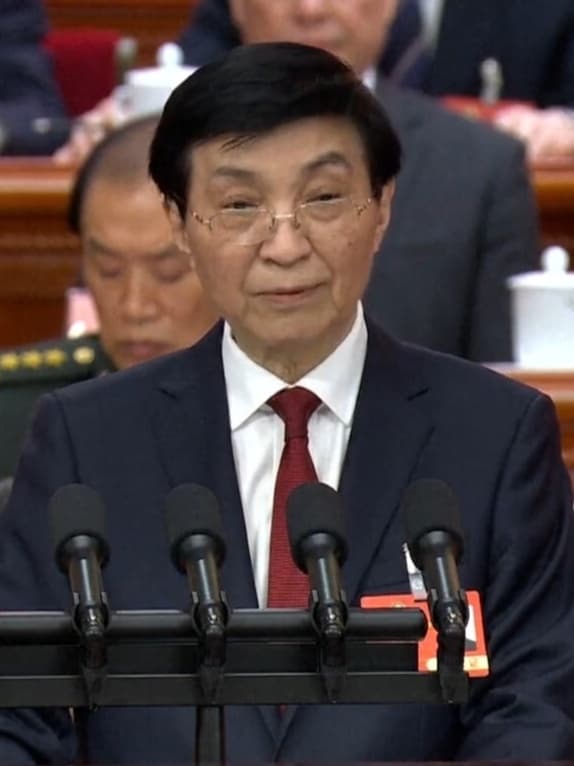Wang Huning's 1988 Observation on Financial System as 'Control' Highlighted

An observation attributed to top Chinese Communist Party (CCP) ideologue Wang Huning from 1988, suggesting the financial system functions as an effective "control system," has recently gained renewed attention. The statement, noted by social media user @zhil, posits that individuals are compelled to engage with the financial system to acquire necessities such as food, housing, and entertainment, thereby making it a powerful mechanism for societal management. This perspective offers insight into the foundational thinking of a figure central to shaping modern Chinese political thought.
"Through the financial system. You need to work to get dollars to buy food, housing, amenities, entertainment, and lifestyle. This control system has worked wonderfully," the observation attributed to Wang Huning in 1988 stated in the tweet.
Wang Huning, a highly influential and often enigmatic figure, has served as a key political theorist and advisor to three paramount CCP leaders: Jiang Zemin, Hu Jintao, and Xi Jinping. His intellectual contributions are deeply embedded in major Party concepts, including 'Xi Jinping Thought on Socialism with Chinese Characteristics for a New Era.' Before his political ascent, Wang was a distinguished academic at Fudan University, specializing in political theory and comparative politics, where his early writings critically analyzed Western societies.
While the specific 1988 quote is not widely documented in public academic sources, its essence aligns with Wang's broader intellectual framework, which emphasizes state authority and societal order. His renowned 1991 work, "America Against America," based on observations from a U.S. visit, critiqued Western liberal democracies for perceived weaknesses like excessive individualism and social fragmentation. This analysis underscored his belief in the necessity of strong state control to prevent societal decline and maintain national unity.
The CCP extensively utilizes economic mechanisms as part of its comprehensive approach to social control and stability. The Party exerts significant influence over state-owned enterprises and increasingly regulates private companies, often embedding Party committees within them to ensure alignment with national objectives. The financial system itself serves as a critical lever, where access to credit, investment, and even basic services can be influenced by adherence to Party directives, creating a dependency on the state-managed system.
Wang Huning's continued role on the Politburo Standing Committee and as chairman of the Chinese People's Political Consultative Conference highlights his enduring impact on the Party's long-term strategic thinking. His attributed 1988 observation, regardless of its precise origin, reflects a consistent philosophical thread within his work regarding the instrumental use of societal structures, including economic ones, to maintain political power and social cohesion. This perspective remains relevant in understanding the Party's approach to governance and its emphasis on ideological and systemic control.